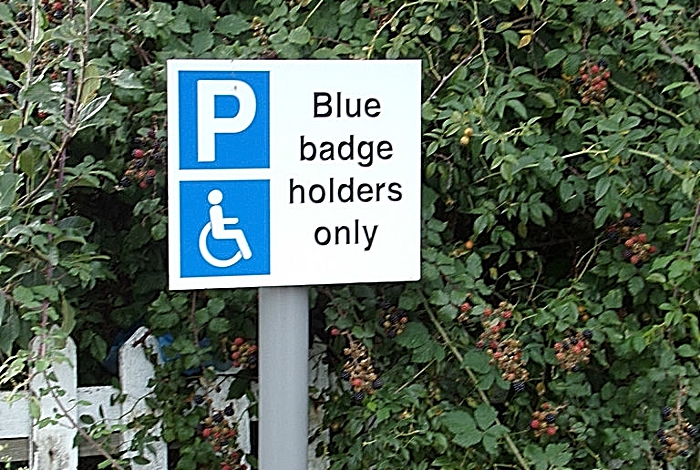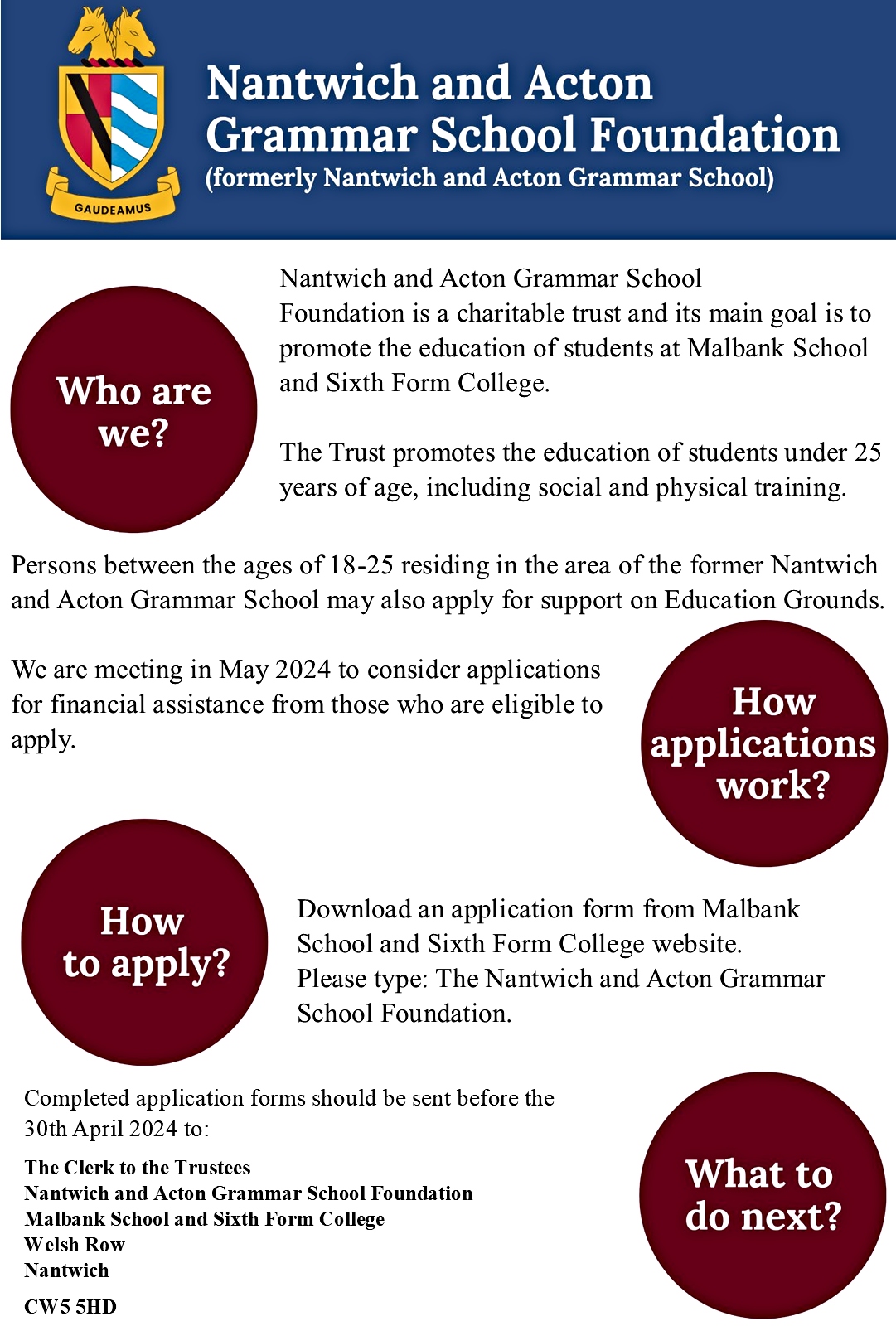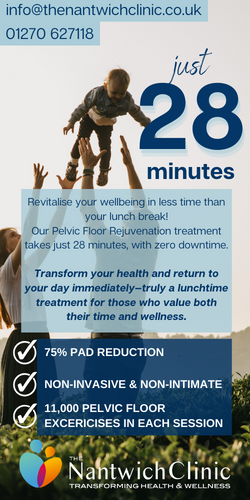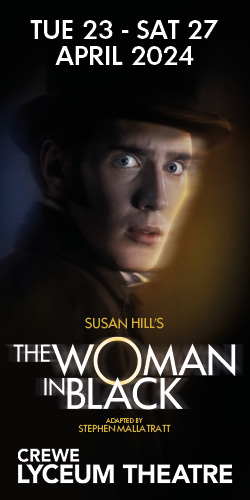
Residents with non-visible disabilities are treated the same as those with visible conditions when it comes to blue badge applications, according to Cheshire East Council.
The council has defended its record on the parking permits after a BBC investigation shows a disparity in approval ratings between those with non-visible and visible conditions.
In total, 79% of all blue badge applications were accepted by Cheshire East since August 2019, when government rules on eligibility were reformed to include non-visible disabilities.
But figures show only 59% of submissions were rubber-stamped from the non-visible group — a 20% difference.
“The council seeks to ensure all people who qualify for a blue badge receive one and there is no evidence to suggest that applicants with hidden disabilities are less favourably treated compared to applicants with visible disabilities,” a council spokesperson said.
“All applications are rigorously examined and of 685 applications from residents with hidden disabilities, 404 were approved with 82 referred back for further supporting information.
“Since August 2019, the council received 8,446 new applications for blue badges for all disabilities, of which only 490 were refused.
“When considering eligibility, the council holistically considers the impact that both physical and non-physical (hidden) disabilities have upon an individual when walking during the course of a journey.
“The council must be satisfied that a badge would enable the applicant to undertake a journey that would not have otherwise been possible, or only possible with very considerable difficulty.”
A number of disability rights’ charities have called the national disparity “shocking”.
James Taylor, executive director strategy impact and social change at disability equality charity Scope, said: “This new data shows a shocking disparity between the allocations of Blue Badges to people with invisible and visible impairments.
“Our Helpline has also heard from disabled people with hidden impairments being denied a Blue Badge, for ‘not qualifying’.
“This research highlights the urgent need for staff training of the decision makers in the councils, so they can recognize and understand the range of hidden impairment.
“Councils need also to understand the devastating impact their negative decision can have.”
However, the CEC spokesperson refuted the idea that its staff are poorly-trained.
“The council does make it clear that staff are available to help with applications where an applicant is unable to apply online,” they added.
“The council firmly rejects any suggestion that applicants with hidden disabilities are treated unfairly or that staff are not sufficiently trained.
“If any blue badge spaces are impacted by lockdown measures or tier restrictions, introduced to maintain social distancing and aid safer pedestrian access to our town centre, the blue badge scheme allows for parking in any other parking bay both in our car parks or at the roadside.
“Blue badge holders are not compelled to park in a disabled bay only.
“Where the law allows, they can also park on double yellow lines with their time clock visible for up to three hours.”

















Recent Comments